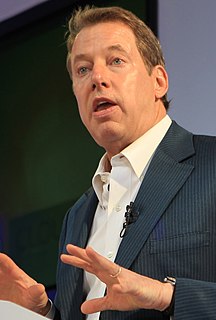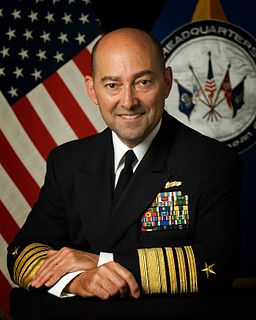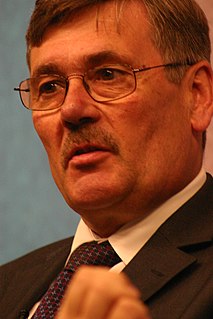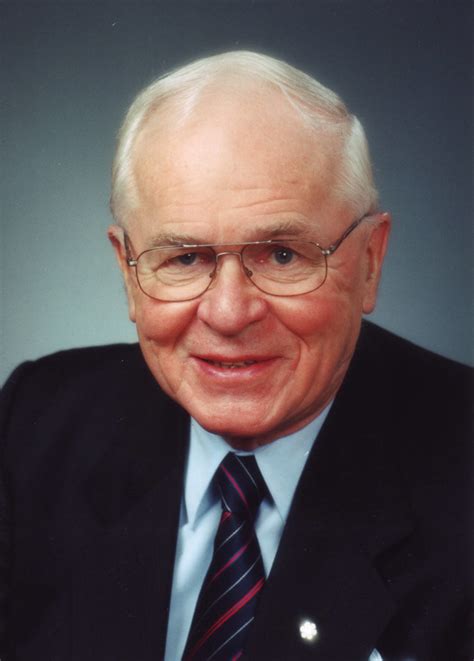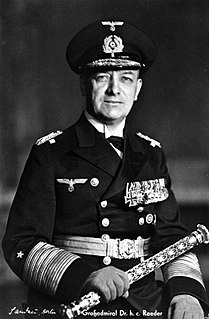A Quote by Robert M. Gates
Power... Military success is not sufficient to win: economic development, institution-building and the rule of law, promoting internal reconciliation, good governance, providing basic services to the people, training and equipping indigenous military and police forces, strategic communications, and more of these, along with security, are essential ingredients for long-term success.
Quote Topics
Along
Basic
Building
Communications
Development
Economic
Economic Development
Essential
Forces
Good
Good Governance
Governance
Indigenous
Ingredients
Institution
Internal
Law
Long
Long-Term
Military
More
People
Police
Police Force
Power
Promoting
Providing
Reconciliation
Rule
Rule Of Law
Security
Services
Strategic
Success
Success Is
Sufficient
Term
Training
Us Military
Win
Related Quotes
Suffice it to say that Wall Street investors in the drug industries have used the government to unleash and transform their economic power into political and global military might; never forget, America is not an opium or cocaine producing nation, and narcotic drugs are a strategic resource, upon which all of the above industries - including the military - depend. Controlling the world's drug supply, both legal and illegal, is a matter of national security.
Some might complain that nuclear disarmament is little more than a dream. But that ignores the very tangible benefits disarmament would bring for all humankind. Its success would strengthen international peace and security. It would free up vast and much-needed resources for social and economic development. It would advance the rule of law.
... the basic principles of the military services are unchangeable. Courage and candor, obedience and comradeship, love of fatherland and loyalty to the State: these are ever the distinguishing characteristics of the soldier and sailor. Building character through intelligent training and education is always the first and greatest goal.
Influence is best measured not only by military hardware and GDP, but also by other people's perceptions that we, the United States, are using our power legitimately. That belief - that we are acting in the interests of the global commons and in accordance with the rule of law - is what the military would call a 'force multiplier.'
Good, healthy democratic societies are built on three pillars: there's peace and stability, economic development, and respect for rule of law and human rights. But often, we take stability - peace in terms of security and economic activity - to mean a country is doing well. We forget the third and important pillar of rule of law and respect for human rights, because no country can long remain prosperous without that third pillar.
Let me be clear: I'm a believer in a robust military, which is essential for backing up diplomacy. But the implication is that we need a balanced tool chest of diplomatic and military tools alike. Instead, we have a billionaire military and a pauper diplomacy. The U.S. military now has more people in its marching bands than the State Department has in its foreign service - and that's preposterous.
We need not only an executive to make international law, but we need the military forces to enforce that law and the judicial system to bring the criminals to justice before they have the opportunity to build military forces that use these horrid weapons that rogue nations and movements can get hold of - germs and atomic weapons.

